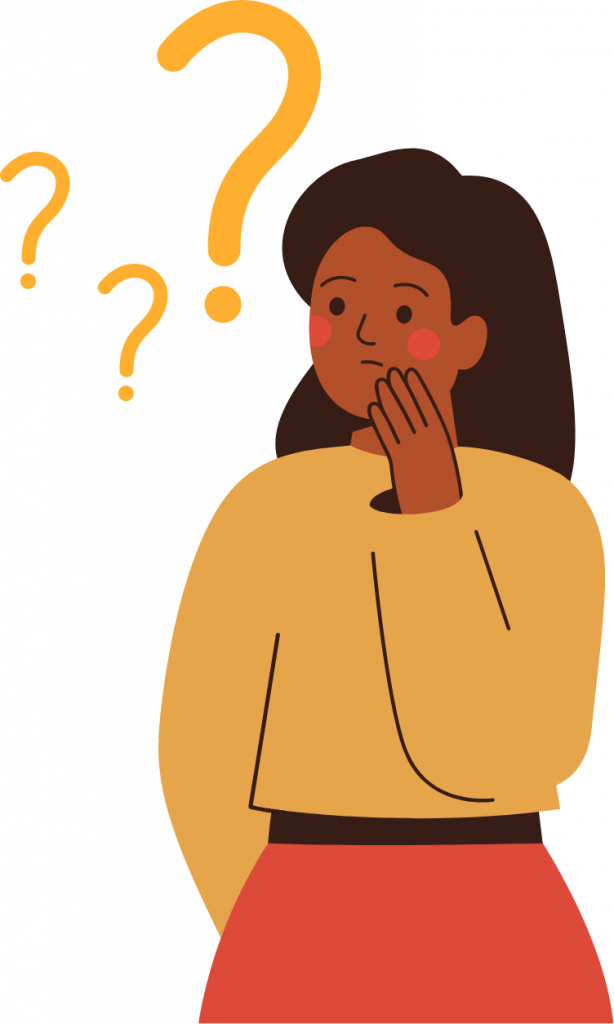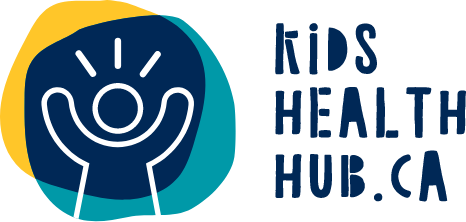

Accidental Overdose
What Is it?
An overdose is what happens to someone’s body when they take too much of a substance or too many substances. They can be accidental when the person takes too much by mistake. They can also be intentional.

Signs of Overdose
Signs of Overdose may include:
- Change in body temperature (feeling warmer or colder)
- Not moving and unresponsive (you cannot wake them up)
- Change in skin color (flushed, blue-ish tone, or paleness)
- Change in breathing
- Change in pulse (fast, slow, or irregular)
- Choking, gurgling, or snoring sounds
- Clammy skin
- Small pupils
- Vomiting
- Seizures
- Jerking limbs
- Severe headaches
- Extreme sweating
- Chest pain
- Cardiac arrest
- Confusion
What to Do?
What to do if you suspect someone is overdosing:
Opioids
- Stay with the person and remain calm
- Call 911
- Make sure the person’s airways are clear
- Put the person on their side with a hand under their head
- Use naloxone (this only works on an opioid overdose)
- Remember SAVE ME
- S – Stimulate – Wake them up. If you can’t, call 911
- A – Airway – Make sure their airway is clear
- V – Ventilate – Help them breathe (plug nose, tilt head back, and give them one breath every 5 seconds)
- E – Evaluate – How are they doing? Have they gotten any better?
- M – Muscular Injection – Inject naloxone (if you have a kit)
- E – Evaluate and Support – How is the person doing? If they aren’t awake after the 5 minutes of naloxone, give another dose. Let them know they cannot use drugs for at least 2 years.
Stimulants
If distressed mentally:
- Stay with the person and keep calm
- Give them water or something with electrolytes
- Give them a cool cloth for the back of their neck, under their underarms, and head
- Get them in fresh air
- If they are paranoid/aggressive, give them space
- Encourage them not to take other substances
If distressed physically:
- Call 911- tell the operator as much information as you are able
- Stay with the person
- Keep them awake
Preventing Overdose
- Be aware of tolerance
- Do not use alone
- Do not mix substances
- Pace yourself
- Talk to a healthcare professional
- Use in a safe place
- Know CPR
Further Resources
All articles referenced above are collated here for your convenience and further reading:
Accidental overdose of medicine | healthdirect
Accidental Overdose of Medicine: Care Instructions (alberta.ca)
35317_BCCDC_Final_CMYK+1 Spot (towardtheheart.com)
What to Do for a Suspected Overdose (bcehs.ca)
Signs of an Overdose – Province of British Columbia (gov.bc.ca)
Drug Overdose Symptoms | What Happens When You Overdose (americanaddictioncenters.org)
If you would like to speak to someone about mental health issues, the Alberta Health Services Mental Health Help Line is available 24/7, offering information and referrals on any aspect of mental health.
Call toll-free: 1-877-303-2642
Trending Topics
Depression
Depression What Is It? Depression is a mood disorder which means it impacts how a person is feeling. It can cause a person to feel
Accidental Overdose
Accidental Overdose What Is it? An overdose is what happens to someone’s body when they take too much of a substance or too many substances.
Online Relationships
Online Relationships Online can be fun! There are games, music, and videos. We can talk to friends and family online. Tips for Being Safe Online:
Online Relationships
Online Relationships Online can be fun! There are games, music, and videos. We can talk to friends and family online. Tips for Being Safe Online:

